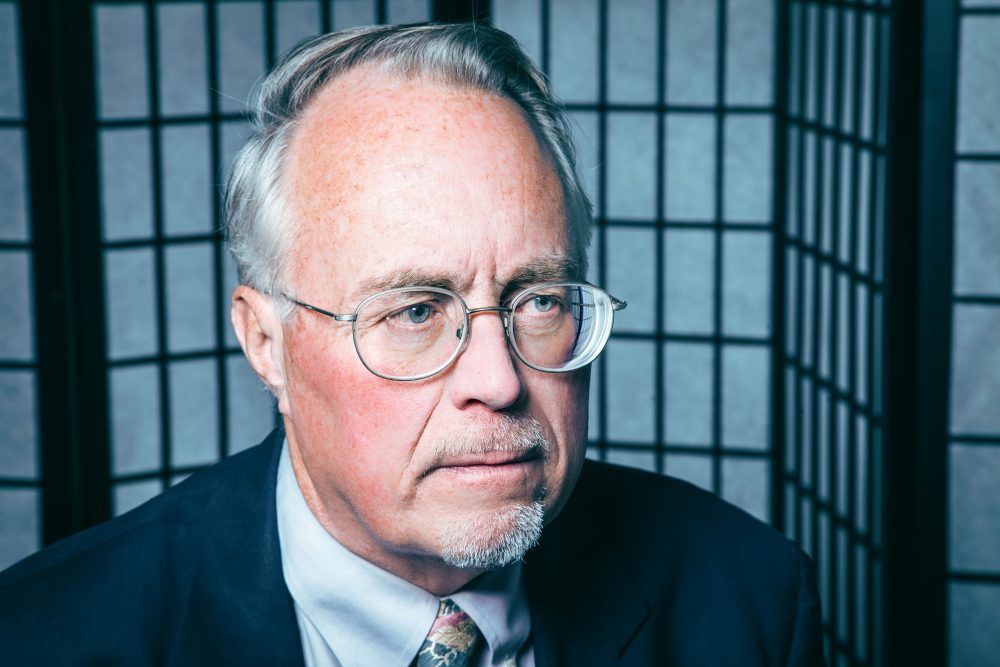
Photo by Jake Fabricius.
David Garrow is a historian and the author of books including Bearing the Cross: Martin Luther King, Jr., and the Southern Christian Leadership Conference (1986), which won the 1987 Pulitzer Prize for Biography; Liberty and Sexuality (1994), a history of the legal struggles over reproductive rights in the U.S. prior to the Roe v. Wade decision; and Rising Star: The Making of Barack Obama (2017). Before taking part in a Dec. 6 Zócalo/KCRW “Critical Thinking with Warren Olney” event titled “How Did Barack Obama Create Himself?” Garrow spoke in the green room about writing biographies, his high school years, and Barack Obama’s youth.
Biographers sometimes end up either liking or loathing their subjects. Did you have a strong feeling one way or the other about Obama after finishing this book?
I like very much who he was up through, like, 2000—who he was from 1985, when he finds himself for the first time. From ’85 to 2000, I think he’s a very appealing person. Once he loses the congressional primary in 2000 and concludes that winning is the number one priority and that you’ve got to do whatever you need to do to win, he becomes measurably less appealing from 2001, 2002 forward.
Do you mean less appealing personally? Politically?
Less appealing in terms of consistency and integrity. I mean, given my background, I always try very hard never to make any comparisons to Dr. King, because that’s sort of too high a standard. Anybody suffers in that comparison.
You’ve written extensively about the Civil Rights era. What was your own experience like growing up partially during that time?
When I was going to elementary school in Virginia, that was still segregated. Black folks lived on the other side of Fort Hunt Road, and they did not cross Fort Hunt Road. When I was in junior high school and high school in Greenwich, Connecticut, my public high school class, I guess, would’ve been five, seven percent African American. My graduating class was 742, and I bet we had 40 black people in that class. But race was never an issue in that high school.
So race wasn’t something that figured in your own youth?
I spent a summer as a day camp counselor in the next town over, Stamford, where I was the only white person. But my memories of that are very, very limited.
When Obama got elected president in 2008, some pundits talked about us having entered a “post-racial America.” The last several years have turned out very differently from that. What sort of expectations, if any, did you have about what effect on “race relations” Obama’s presidency might have?
I never expected it to have much, other than simply the symbolism of Michelle and the girls—black people—in the White House. Other than the symbolism, I had no expectations of Barack in any way being a black president. So in that vein, his presidency as he played it was almost entirely just what I expected.



